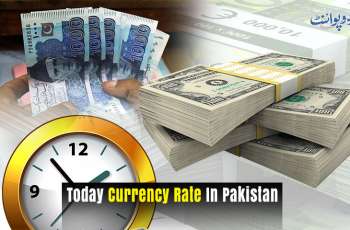The plunge in oil prices triggered by the coronavirus (COVID-19) pandemic is unlikely to do much for growth if travel remains curbed, the World Bank said in an analysis on the pandemic issued Tuesday
WASHINGTON (Pakistan Point News / Sputnik - 02nd June, 2020) The plunge in oil prices triggered by the coronavirus (COVID-19) pandemic is unlikely to do much for growth if travel remains curbed, the World Bank said in an analysis on the pandemic issued Tuesday.
"In the short-term, while restrictions on transport and travel remain in place, low oil prices are unlikely to provide much support for growth and may, instead, compound the damage wrought by the pandemic by further weakening the finances of producers," the World Bank said in a gist of analytical chapters on the crisis. "Low oil prices are likely to provide at best marginal support to global activity early in the recovery."
Oil prices, led by global crude benchmark Brent, fell to below $16 per barrel in April at the height of the selloff triggered by the coronavirus after opening the year at $66. Over the past month, however, the market has recovered, pushing Brent up to nearly $40 in Tuesday's trade.
"Oil-exporting emerging and developing economies entered the current crisis with eroded fiscal positions after having drawn on them to weather the 2014-16 oil price drop. In addition to the unprecedented public health crisis, these economies are now experiencing sharp economic downturns as their export revenues nosedive," Ayhan Kose, Director of the World Bank's Prospects Group, said in a note accompanying the analysis. "Even if oil prices rise as global oil demand recovers, the recent plunge in prices is another reminder for oil-exporting countries of the urgency to continue with reforms to diversify their economies."
On the positive side, low oil prices presented an opportunity to review energy pricing policies as emerging economies that import energy need to move away from costly subsidy schemes, prioritizing expenditure instead on public health and education programs, the analysis noted.




